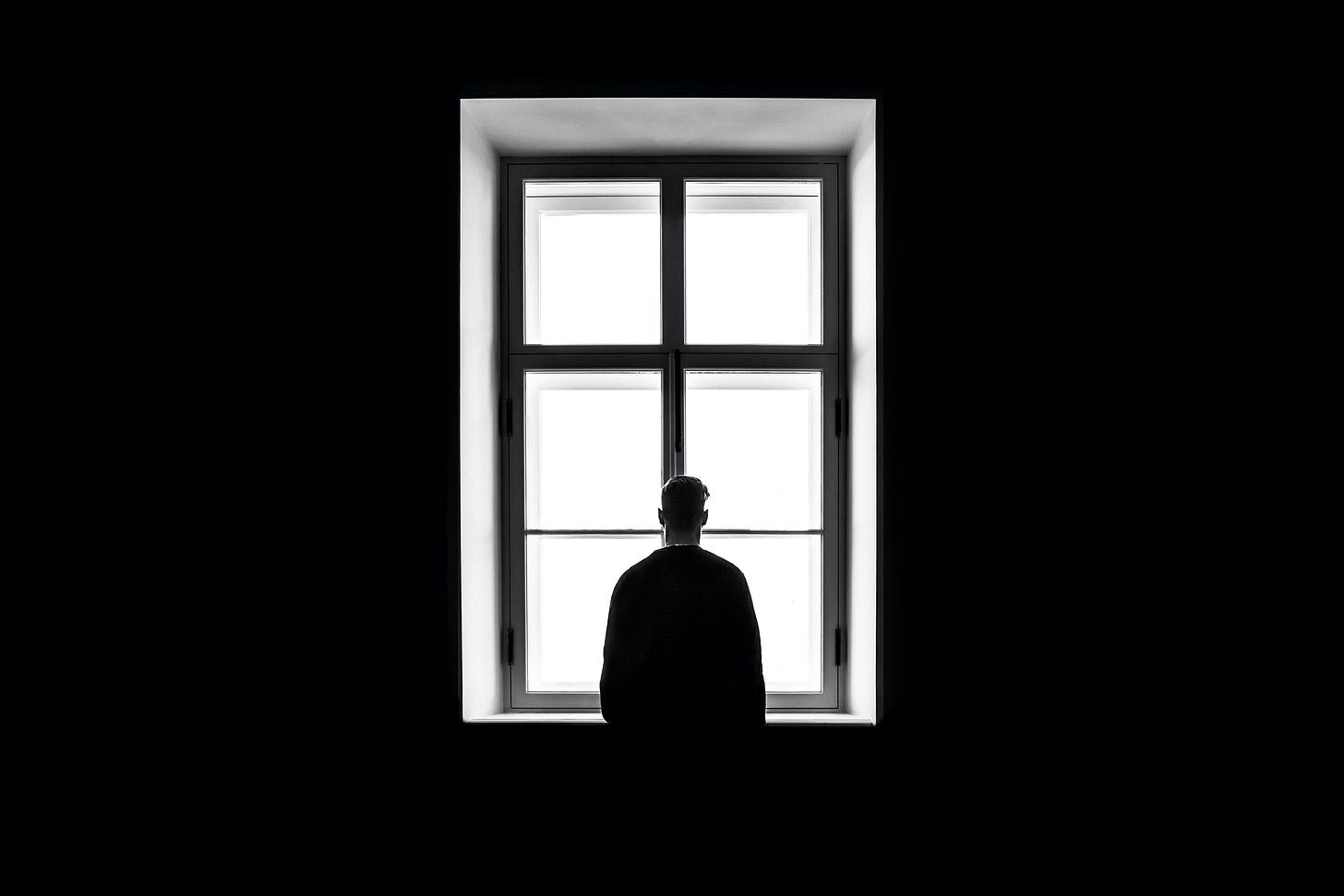
Passage:
On his return, Jesus was welcomed by a crowd. They were all there expecting him. A man came up, Jairus by name. He was president of the meeting place. He fell at Jesus' feet and begged him to come to his home because his twelve-year-old daughter, his only child, was dying. Jesus went with him, making his way through the pushing, jostling crowd.
In the crowd that day there was a woman who for twelve years had been afflicted with hemorrhages. She had spent every penny she had on doctors but not one had been able to help her. She slipped in from behind and touched the edge of Jesus' robe. At that very moment her hemorrhaging stopped. Jesus said, "Who touched me?"
When no one stepped forward, Peter said, "But Master, we've got crowds of people on our hands. Dozens have touched you."
Jesus insisted, "Someone touched me. I felt power discharging from me."
When the woman realized that she couldn't remain hidden, she knelt trembling before him. In front of all the people, she blurted out her story—why she touched him and how at that same moment she was healed.
Jesus said, "Daughter, you took a risk trusting me, and now you're healed and whole. Live well, live blessed!"
While he was still talking, someone from the leader's house came up and told him, "Your daughter died. No need now to bother the Teacher."
Jesus overheard and said, "Don't be upset. Just trust me and everything will be all right." Going into the house, he wouldn't let anyone enter with him except Peter, John, James, and the child's parents.
Everyone was crying and carrying on over her. Jesus said, "Don't cry. She didn't die; she's sleeping." They laughed at him. They knew she was dead.
Then Jesus, gripping her hand, called, "My dear child, get up." She was up in an instant, up and breathing again! He told them to give her something to eat. Her parents were ecstatic, but Jesus warned them to keep quiet. "Don't tell a soul what happened in this room."
We live in a country and time where “almost everyone” is a Christian. Most of the people that I know have had at least a nominal exposure or connection to “church.” Thus far, every President of the United States has, at the very least, been a self-proclaimed theist. Christianity is just about as American as apple pie.
If you say you attend church or are a Christian nobody bats an eye.
It just isn’t a big deal.
It isn’t a big deal until you decide you want to take Jesus seriously.
I remember when Tim Tebow was entering the National Football League and a reporter said something along the lines of, “People are not bothered by Tebow calling himself a Christian. They are bothered by the fact that he appears to mean it.”
When you begin to follow Jesus and mean it there is risk involved. At some point, you will likely lose some people in your life to it. There will come a time when people will walk away from you because of your faith.
In this passage there are two people who risked to come to Jesus. They came up to a line and had to decide if they were going to trust him or not.
The woman who was bleeding was ceremonially unclean. She would have been an “untouchable.” To enter town and then to enter into the midst of a crowd and then to touch Jesus all were “wrong.” She could have experienced significant penalty for such a thing. Yet, she trusted and Jesus healed her. He opened the door for her return to full participation in the community.
Jairus, risked social and political standing by trusting Jesus. We learn that he was the president of the synagogue. He was the main teacher of the Bible in the town and so for him to align himself with Jesus was costly. Jesus was already beginning to challenge the teachers and religious power brokers. Even in the story we see the mocking of the people in Jairus’ house as Jesus went to heal his daughter. Jesus was great while he gave everyone what they wanted but when he challenged their assumptions, well that was a different story.
To put it another way, Jairus was at risk to losing his standing and position in his tribe. Aligning himself with Jesus was more costly than I think we can understand because of where and when we live. For him to trust Jesus and bring him into his home would have looked to some as a betrayal. Jairus took a huge risk in trusting Jesus.
Jesus calls his followers to love their neighbor and their enemy. These things sound nice. Right up until you start trying to live that out. So many of us are bent toward revenge. We can love someone until they do something we don’t like. Then, we want them to face harsh penalties. We don’t like seeing them treated with dignity or respect. No, we would rather mock them or make fun of them. We would degrade their humanity.
Love “those people”? You’re naïve!
To seek to love your enemy puts you at danger of losing your tribe. That’s the thing with tribalism, if you step out of line you get kicked out. The tribe will no longer accept you. When you start to really follow Jesus you risk losing your tribe. Our tribes will not suffer enemy love.
Am I willing to trust Jesus even at the risk of finding myself kicked out of my tribe? Are you?
Will I trust Jesus? Will you?




